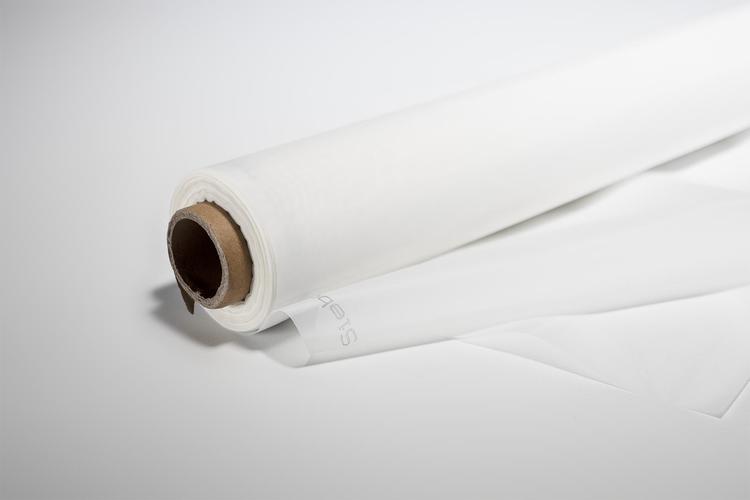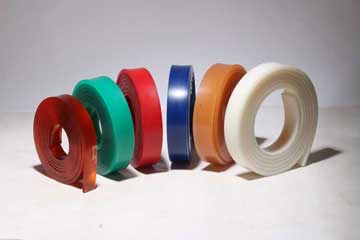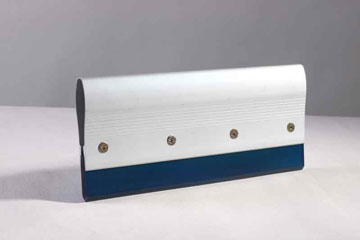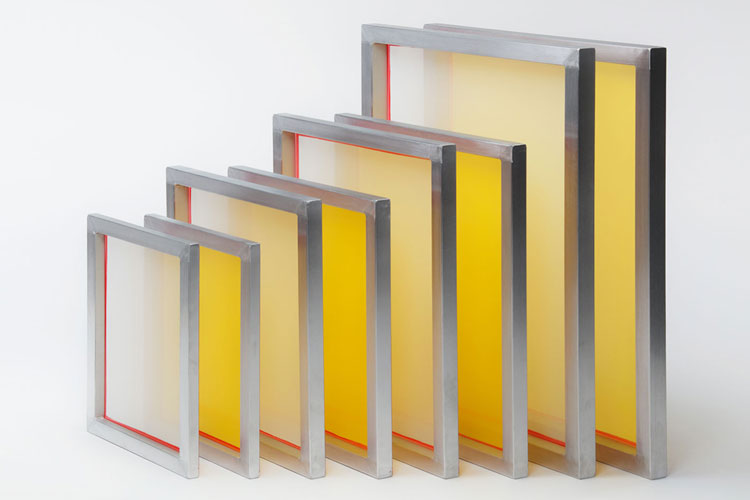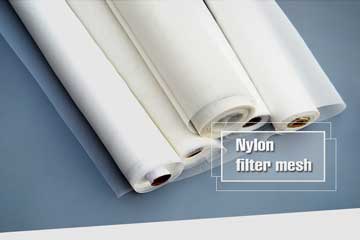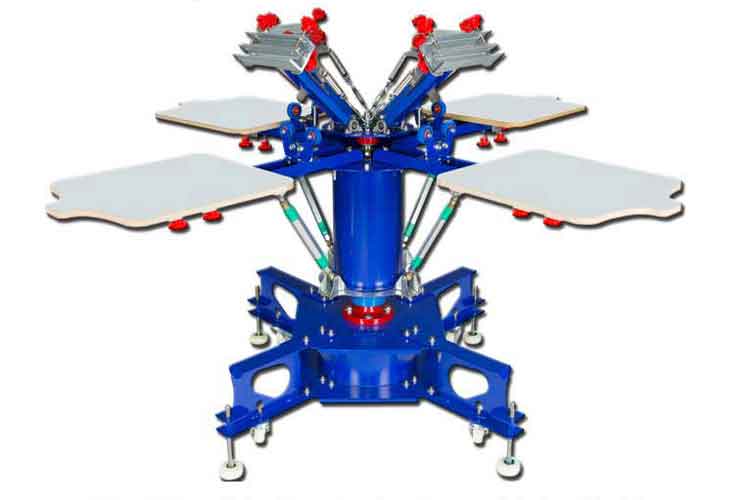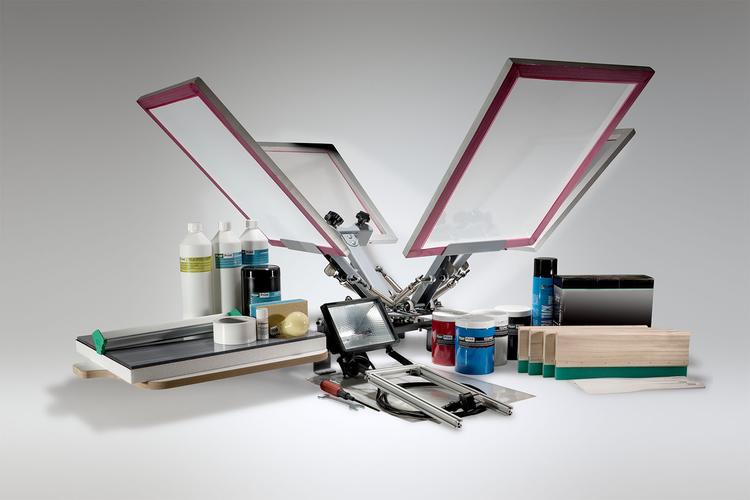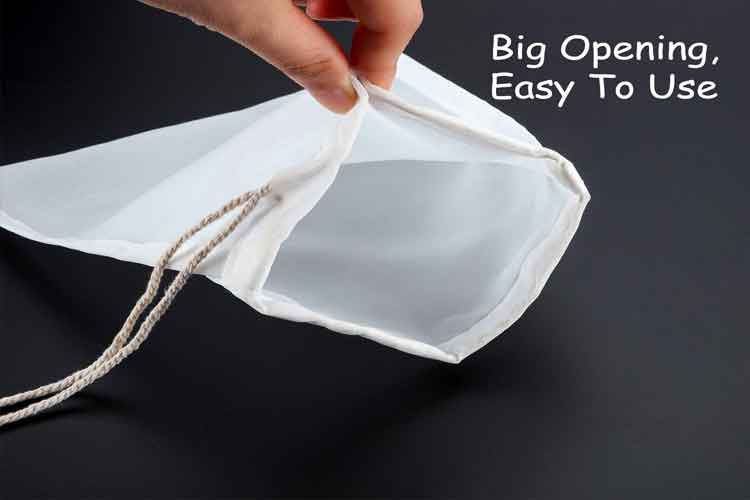Screen Printing Squeegee: The Ultimate FAQ Guide
This guide provides you with the essential information to choose and maintain the right screen printing squeegee for your specific needs. With a focus on quality materials and proper technique, you can improve your screen printing results significantly.Before you buy a screen printing squeegee, it is important you read this guide.
Because it covers everything you need to know about screen printing squeegees – from definition, material types, shapes, durometer ratings, and best practices to improve your print quality.
Let’s get to it:
What is a Screen Printing Squeegee? Where can you use a Screen Printing Squeegee? What are the Advantages of a Good Screen Printing Squeegee? What Types of Blades are used for Screen Printing Squeegees? What is a Durometer in Screen Printing Squeegees? What Shapes of Screen Printing Squeegee Blades are Available? How does Blade Material Impact Screen Printing Squeegee Performance? How do you Choose a Screen Printing Squeegee? How do you Maintain a Screen Printing Squeegee? What is the Lifespan of a Screen Printing Squeegee? What is the Role of a Squeegee in the Screen Printing Process?
What is a Screen Printing Squeegee?
A screen printing squeegee is a crucial tool used in screen printing to apply ink through the stencil or mesh screen onto the substrate. The squeegee consists of a handle and a flexible blade, which works to push ink evenly across the screen, ensuring proper transfer onto the material.
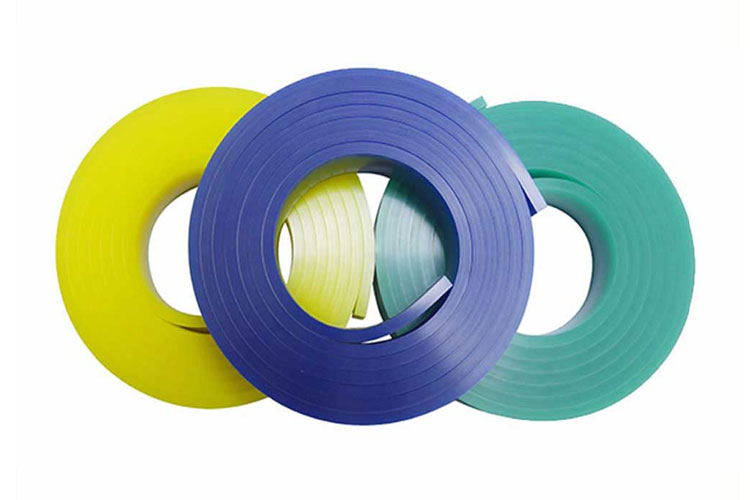
Where can you use a Screen Printing Squeegee?
The versatility of screen printing squeegees makes them applicable in various industries. Some common uses include:
Textile Industry
In the textile sector, squeegees are used for printing designs on fabrics, including T-shirts, jackets, and other garments.
Graphic Printing
Screen printing squeegees are also employed for creating posters, banners, and signage, offering high-quality prints with vivid colors.
Electronics Industry
Squeegees help in printing on circuit boards and other components, providing precision when applying conductive inks.
Glass and Ceramic Printing
Screen printing squeegees can also be used in decorative printing on glassware and ceramic items, such as mugs and plates.
What are the Advantages of a Good Screen Printing Squeegee?
There are several advantages of using a high-quality screen printing squeegee, including:
-
Consistent Ink Distribution
A well-designed squeegee ensures even ink application, improving print quality and reducing wastage. -
Durability
High-quality squeegee blades, made from materials such as polyurethane, are designed for long-term use without degrading quickly. -
Customizability
Squeegees come in various blade shapes and durometers, allowing customization based on printing needs.
What Types of Blades are used for Screen Printing Squeegees?
The type of blade used in a squeegee can have a significant impact on the print results. The two most common materials are:
-
Rubber Blades
Traditionally, squeegees were made with rubber blades, offering a low-cost solution but lacking in durability compared to modern materials. -
Polyurethane Blades
Polyurethane blades are the industry standard today. They offer better durability, flexibility, and resistance to chemicals compared to rubber.
What is a Durometer in Screen Printing Squeegees?
The durometer of a screen printing squeegee refers to the hardness of the blade. This is an important factor, as it directly impacts the ink deposit and print quality. Common durometer ratings include:
-
Soft Squeegees (60-70A)
These are ideal for heavy ink deposits and are often used on fabrics or materials requiring thick layers of ink. -
Medium Squeegees (75-80A)
A versatile option, medium squeegees are suitable for a variety of applications, providing a balanced level of ink coverage. -
Hard Squeegees (85-95A)
Hard squeegees are used for fine details and thin ink layers, commonly employed in graphic or detailed printing.
What Shapes of Screen Printing Squeegee Blades are Available?
The blade shape influences how the ink is transferred onto the substrate. Some common blade profiles include:
-
Square or Straight Edge
The most common blade shape, suitable for general printing tasks where even ink coverage is needed. -
Rounded Edge
This blade allows for more ink to be deposited and is ideal for fabrics and surfaces requiring thicker ink layers. -
Beveled Edge
Provides a sharper edge for more precision, often used for fine details or high-definition printing.
How does Blade Material Impact Screen Printing Squeegee Performance?
The material of the squeegee blade affects its durability, flexibility, and resistance to wear. For instance:
-
Polyurethane Blades
These are known for their toughness and longevity, providing consistent performance over long periods of use. -
Rubber Blades
More affordable but less durable, rubber blades tend to wear out quickly, leading to inconsistent print results over time.
How do you Choose a Screen Printing Squeegee?
Choosing the right squeegee depends on several factors:
-
Substrate Type
For soft materials like fabric, softer durometer squeegees are ideal. For hard surfaces, harder durometers work better. -
Ink Type
Certain inks, like plastisol, require specific squeegee hardness to ensure even distribution. -
Printing Speed
Faster printing speeds often benefit from harder squeegees for quicker ink deposits.
How do you Maintain a Screen Printing Squeegee?
Maintaining your screen printing squeegee is vital to ensure its longevity and printing quality. Here’s how:
-
Regular Cleaning
After each use, clean the squeegee to remove any ink residue. Use a mild solvent if necessary to avoid damaging the blade. -
Proper Storage
Store squeegees in a clean, dry environment, away from direct sunlight or heat sources, which can cause warping or hardening of the blade. -
Rotating Blades
Rotate or flip your squeegee blades regularly to ensure even wear.
What is the Lifespan of a Screen Printing Squeegee?
The lifespan of a screen printing squeegee depends on the material and frequency of use. Polyurethane blades can last for several months or even years with proper care, while rubber blades may need replacing more frequently.
What is the Role of a Squeegee in the Screen Printing Process?
The primary role of the squeegee in screen printing is to push ink through the mesh screen and onto the substrate. The angle, pressure, and speed at which the squeegee is used directly affect the amount of ink deposited, the sharpness of the print, and the overall quality.
By selecting the correct blade, durometer, and maintaining your squeegee, you can achieve high-quality prints consistently.
This guide provides you with the essential information to choose and maintain the right screen printing squeegee for your specific needs. With a focus on quality materials and proper technique, you can improve your screen printing results significantly.
Pre:Best screen printing squeegee blade
Next:none
Tags:
